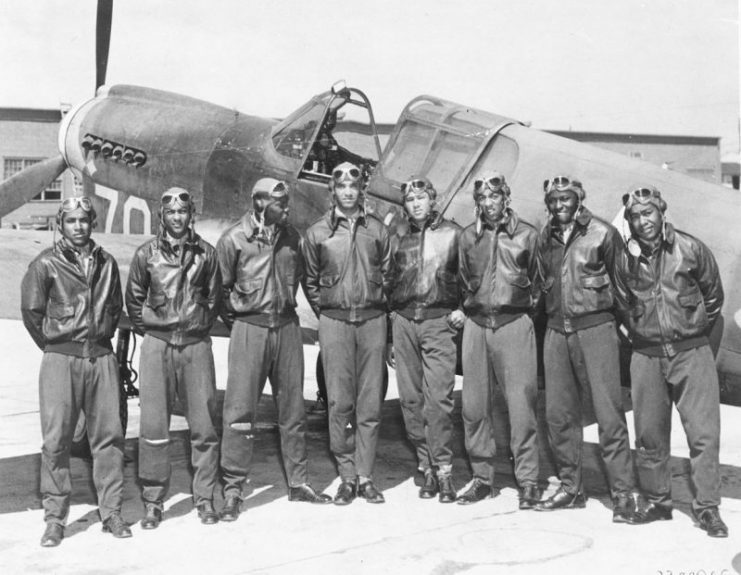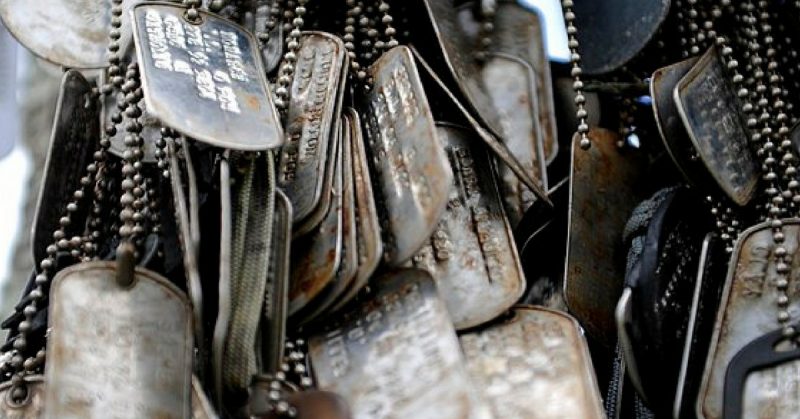The market for military memorabilia is as strong today as it has ever been. Particularly sought after is any kind of memorabilia about WWII, and if the items can be proven to have been used in actual combat the prices soar. The demand is immense for this type of artifact.
Sadly, this demand often causes the most rational of people to behave in a most irresponsible manner. One of these people is Antonin DeHays, who sold hundreds of dog tags and other military memorabilia via online auction sites such as e-Bay. The only problem was these items had been stolen from the American Government and then offered for sale accompanied by lurid advertisements.
It was not unusual for his adverts to detail the blood, fuel and fire damage on the advertised goods along with inflammatory descriptions indicating that the items had been damaged in the course of combat. Dog tags that showed evidence of combat damage and Red Cross identification cards that were partially burned were some of the items that he advertised for sale and successfully sold.

DeHays, an acknowledged WWII expert, gained access to the National Archives based on his reputation. He then proceeded to plunder the archives and stole over 300 dog tags as well as 130 other items that included personal photographs, letters, a Bible, military identification papers, Red Cross cards, and pieces of crashed aircraft. Many of these items had come from fallen soldiers. DeHays erased markings made by the Germans or the National Archives to hide the fact that the items had been obtained illegally. He then advertised the items for sale and raked in thousands of dollars from these illegal sales. His scam started in 2012 and went on for the next 5 years before he was eventually stopped in 2017.
At his trial, many witnesses spoke of their horror at discovering the artifacts that they had bought had been stolen from the National Archives. The Veterans Association of America spoke for many people when they described DeHays as not only a thief but also a grave robber.
At the conclusion of his trial in Federal Court, U.S. District Judge Theodore D. Chuang told De Hays that his crime was ‘morally repugnant’ and that his background as a historian should have stopped him from auctioning off the country’s history. DeHays was sentenced to 364 days in jail for the theft charges, and he was ordered to repay some $43,000 to the buyers that bought the stolen goods. In addition, to this, he was sentenced to perform 100 hours of community service, and he will be placed on probation for three years. Of this time, he will be detained at home for eight months.

DeHays, a native of Normandy in France, tried to explain why he had taken this course of action. Partly it was to fund his addiction to collecting other WWII memorabilia. He also claimed to be collecting items for a museum that he wanted to open. He expressed regret for the path that he had taken and acknowledged that it was ‘irrational behavior’. All told, the total value of the items he stole amounted to more than $45,000.
The National Archives managed to recover around 95% of the items that he had stolen, but some of the damage done to the items is irreversible. One item that was so damaged were the dog tags worn by 1st Lt. Julian Columbus during WWII. His father had served in the military during WWI and Lt. Columbus had worn both his father’s dog tags and his own, wired together, during his period of service. When DeHays stole the tags, he removed the wire holding them together, thus destroying the unity of father and son.
DeHays’ thefts caused anguish to many veterans and his lack of respect for the items that belonged to dead servicemen is undoubtedly repugnant. While the intrinsic value of the items may not be very high, their historic and personal value is inestimable.
